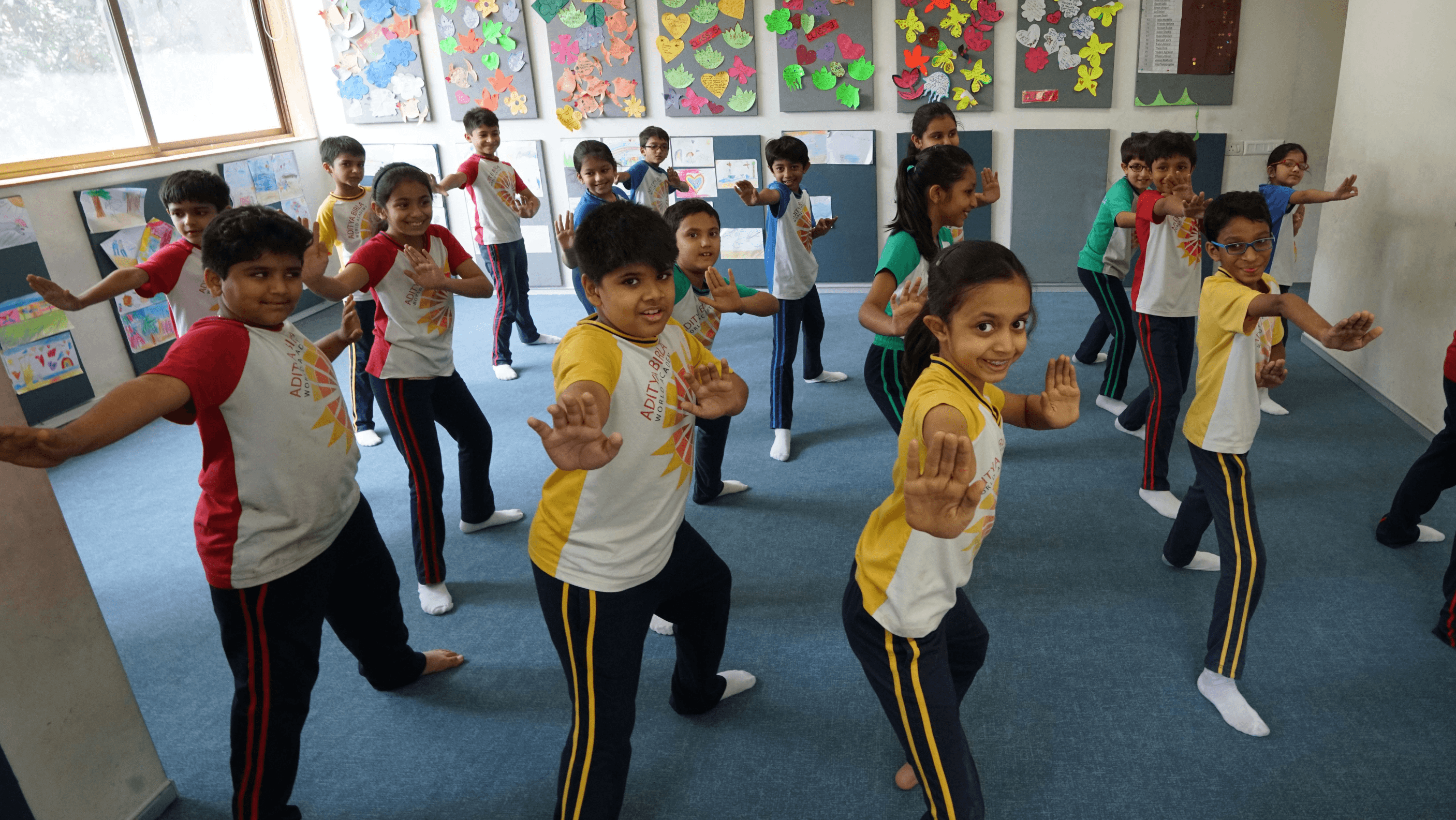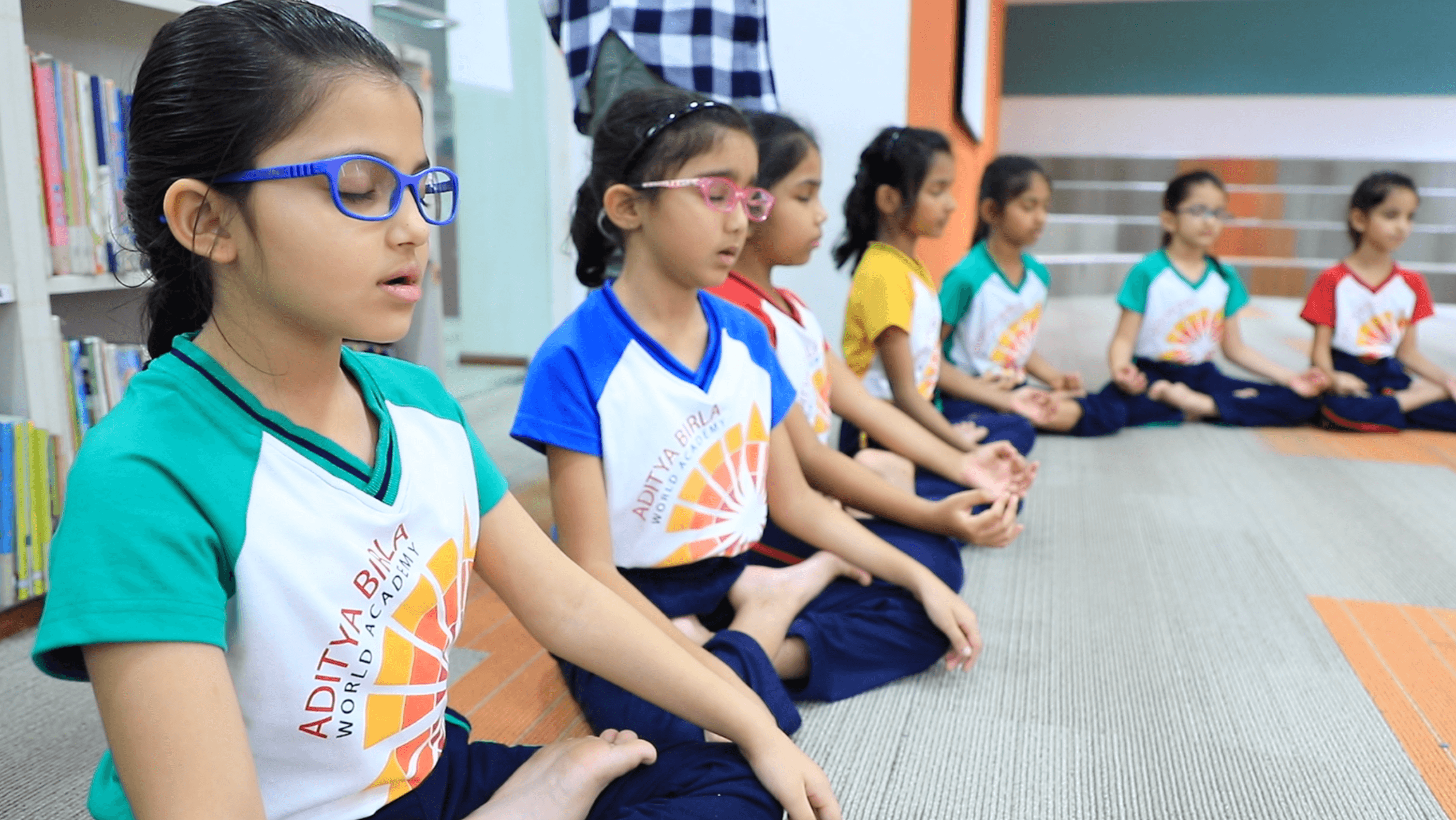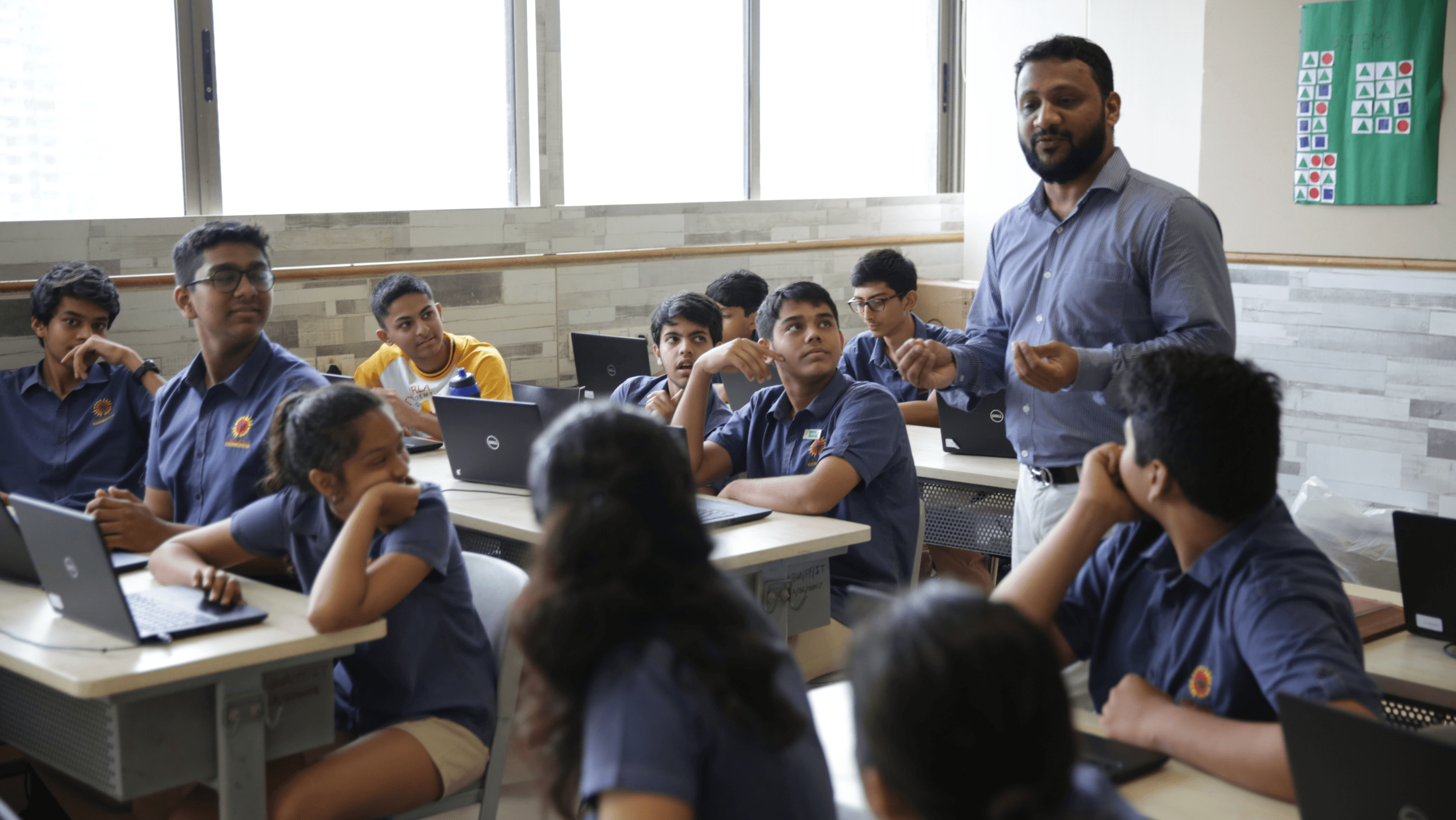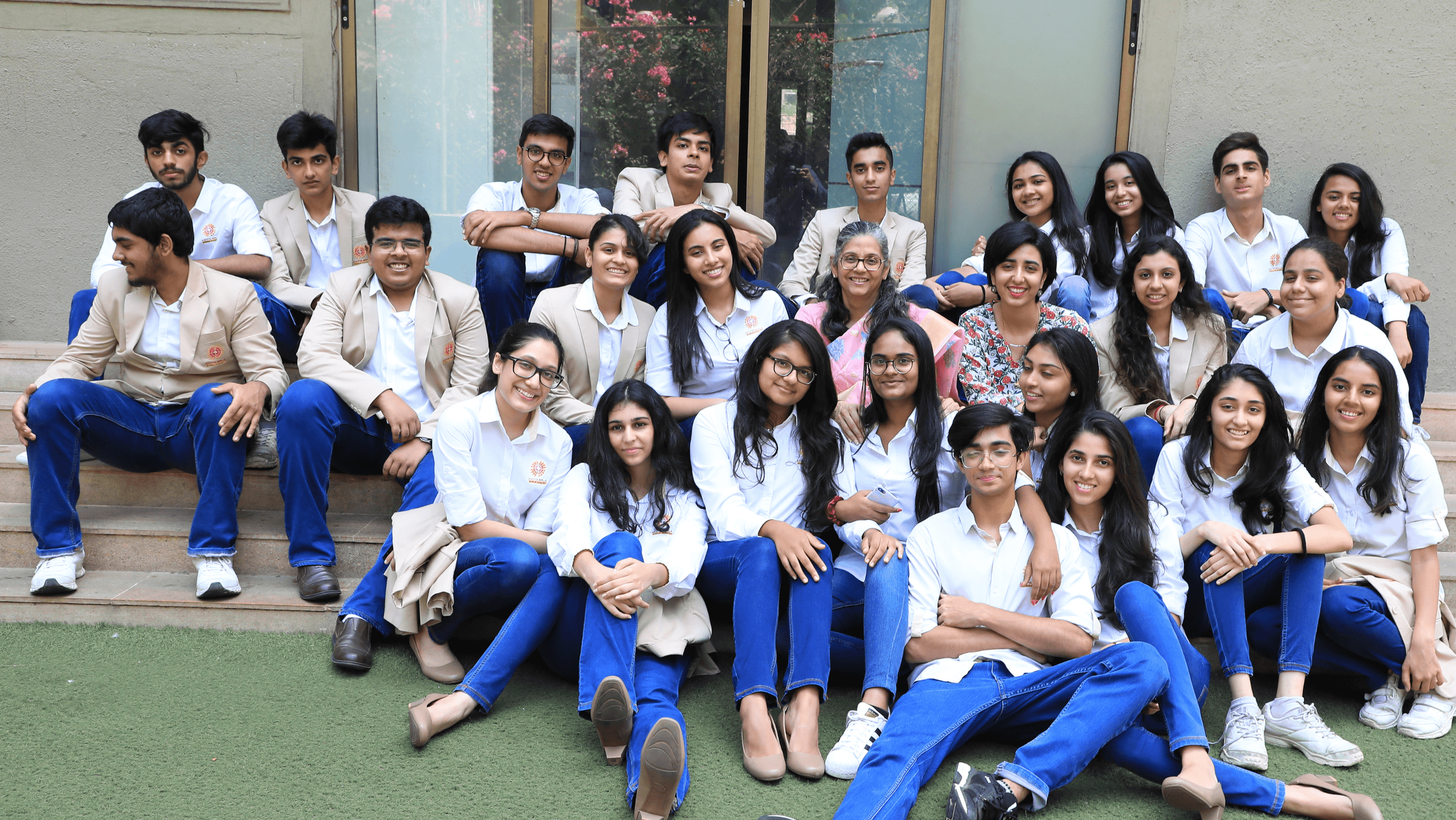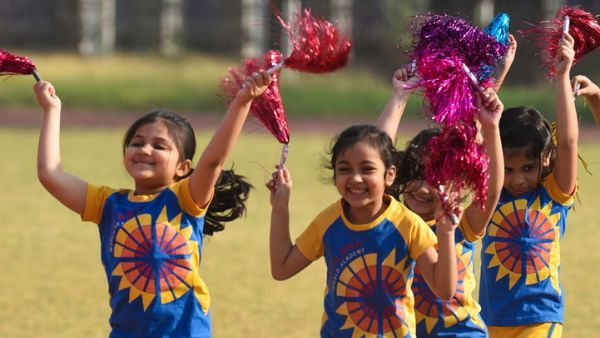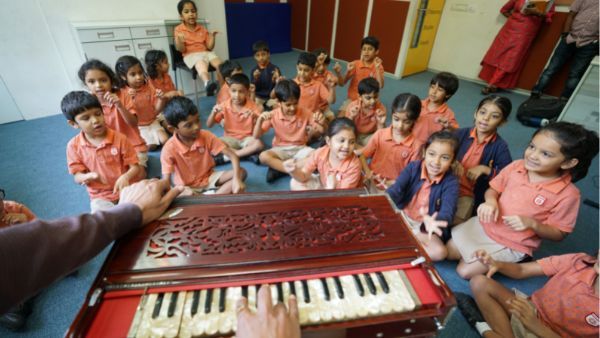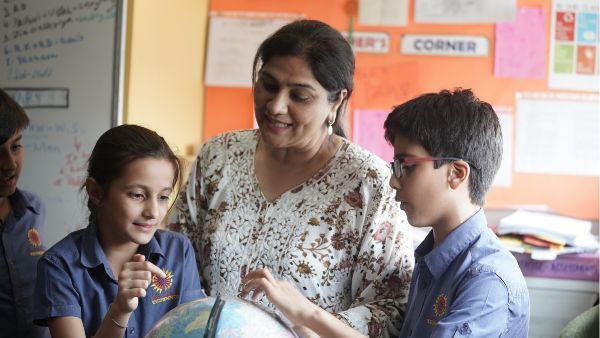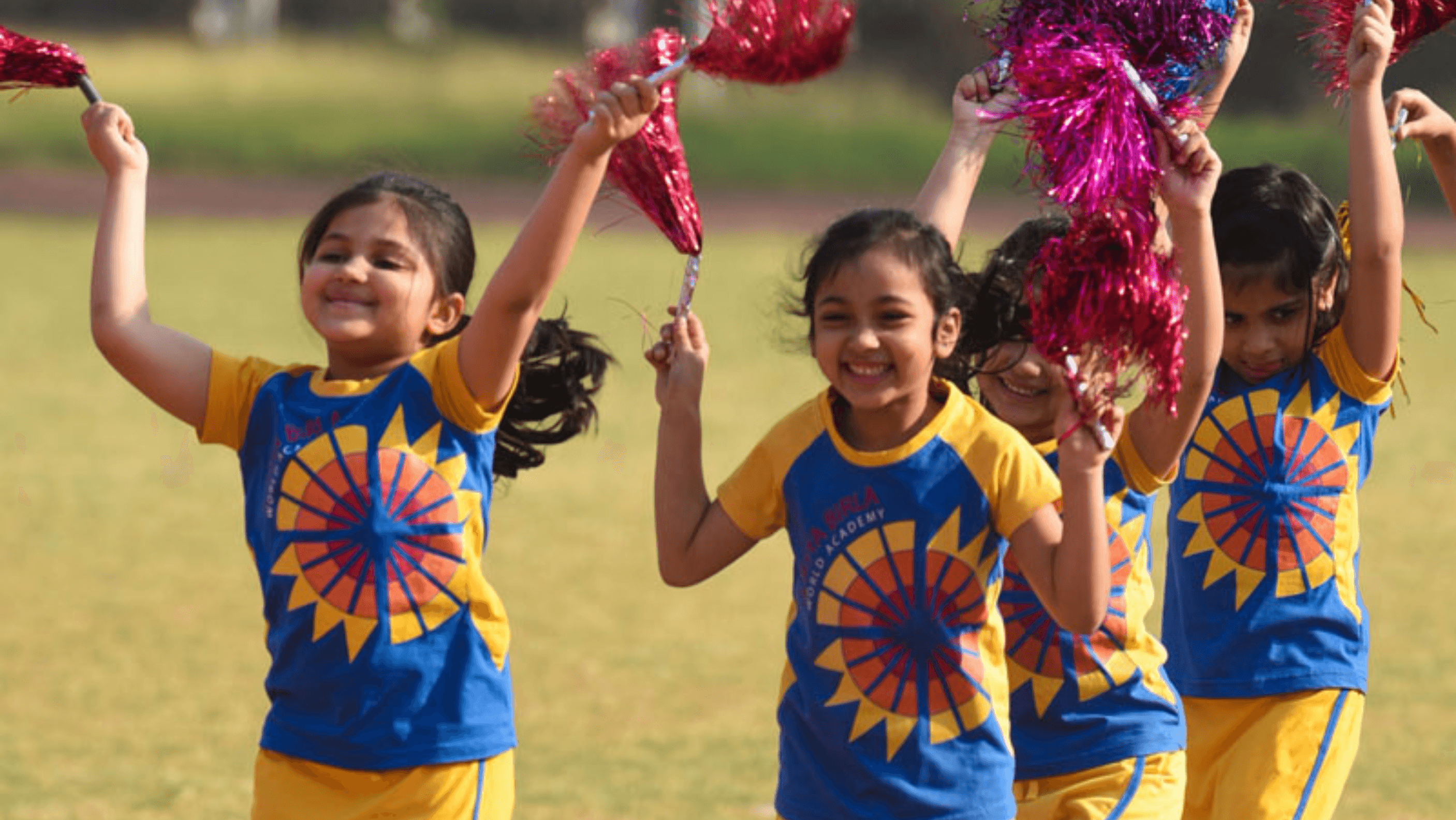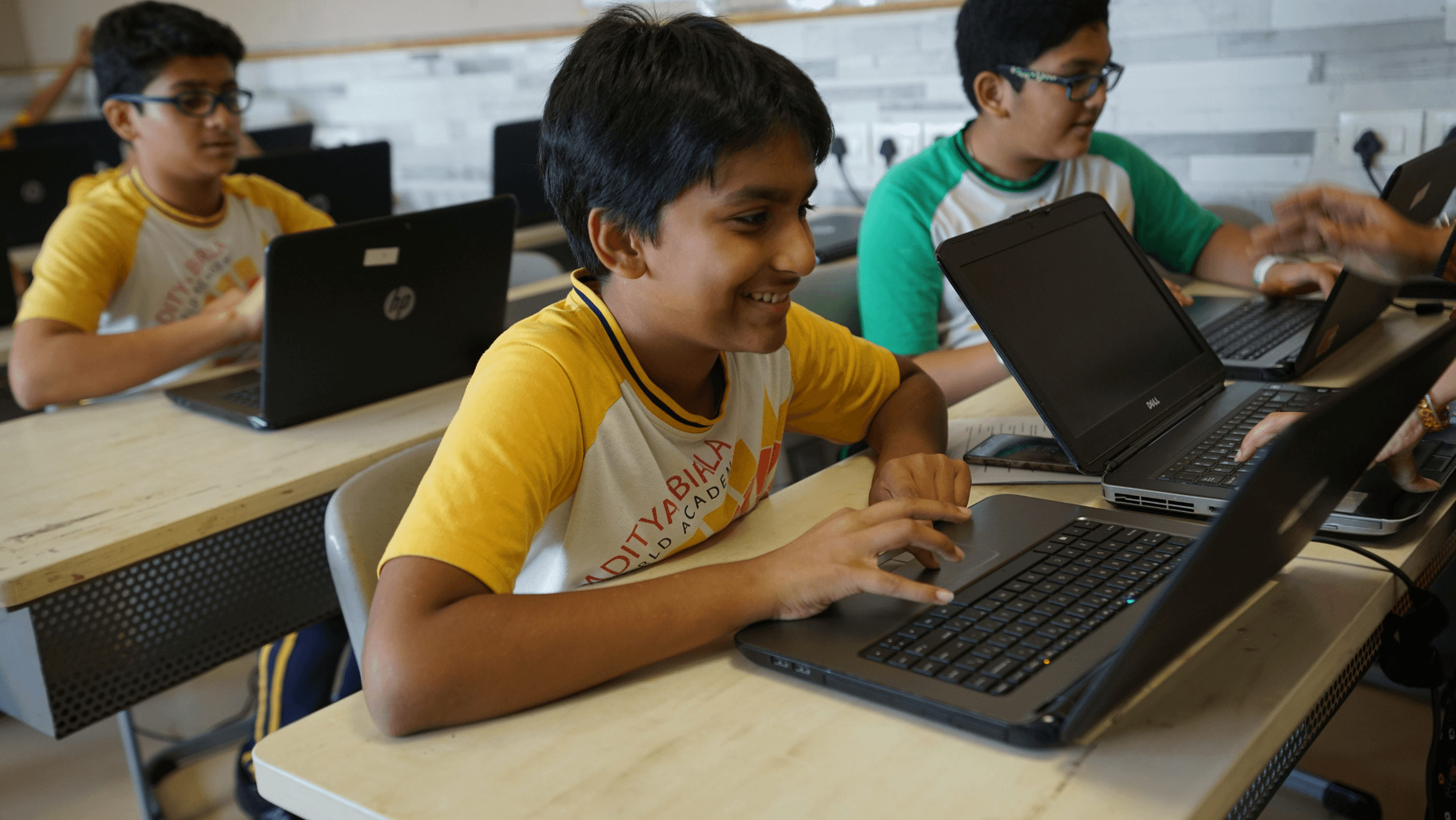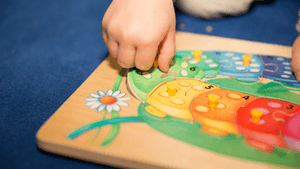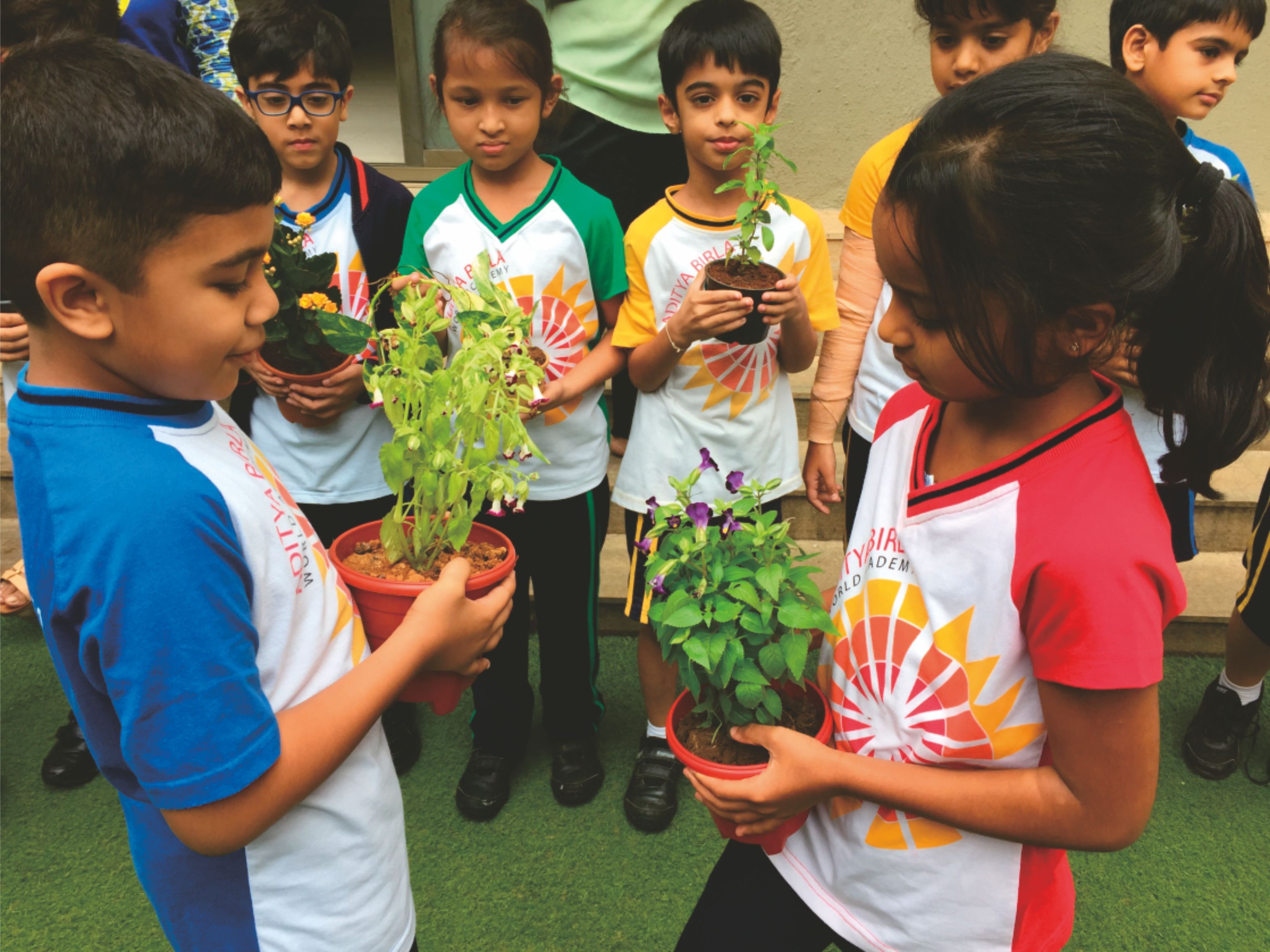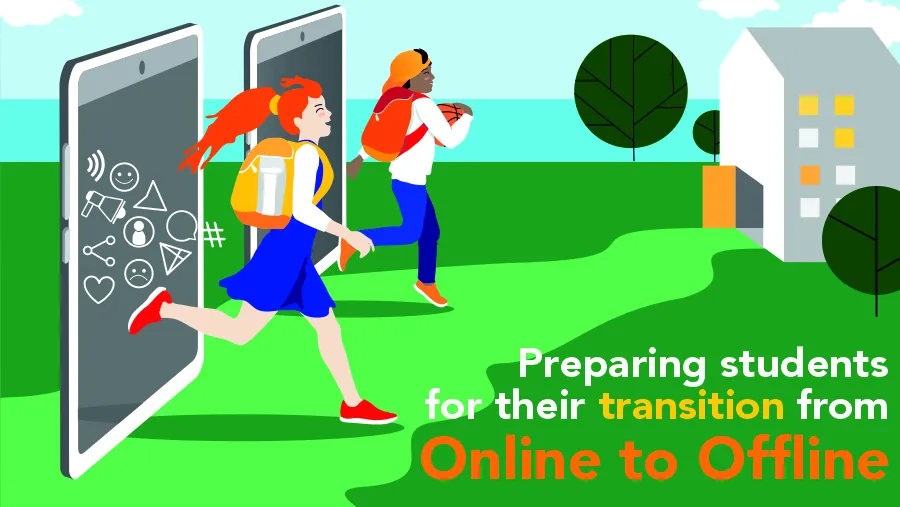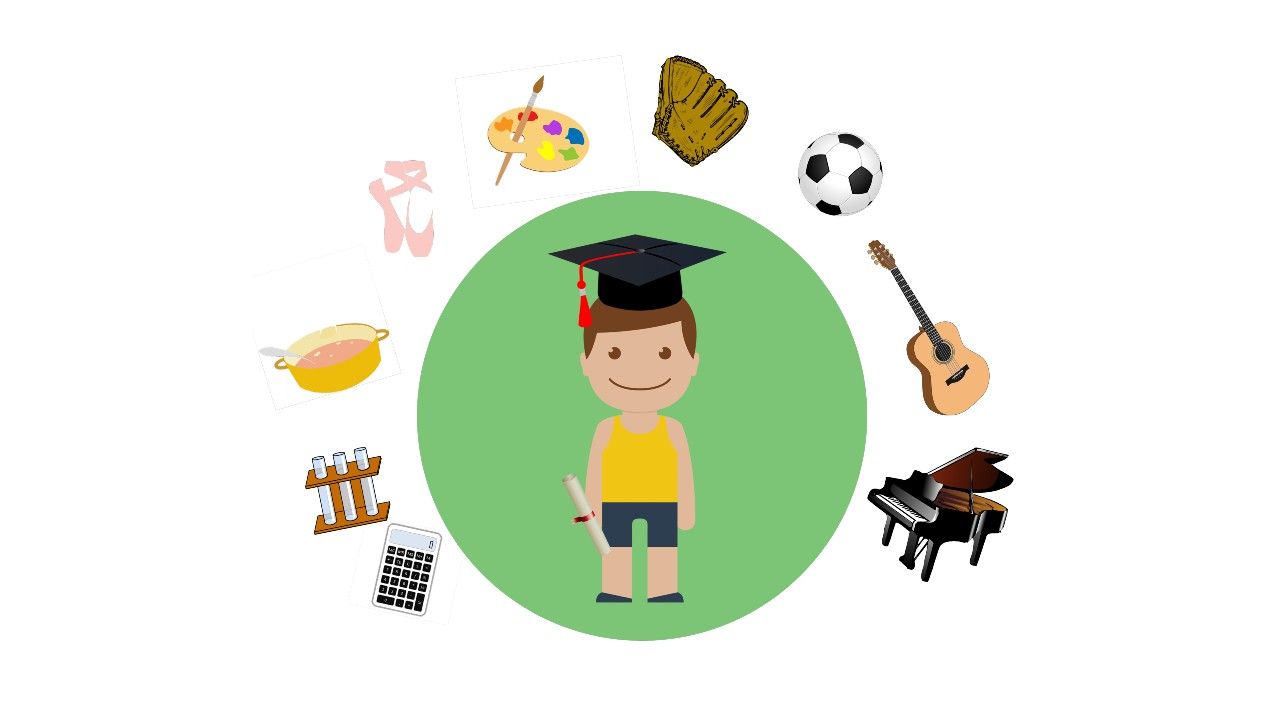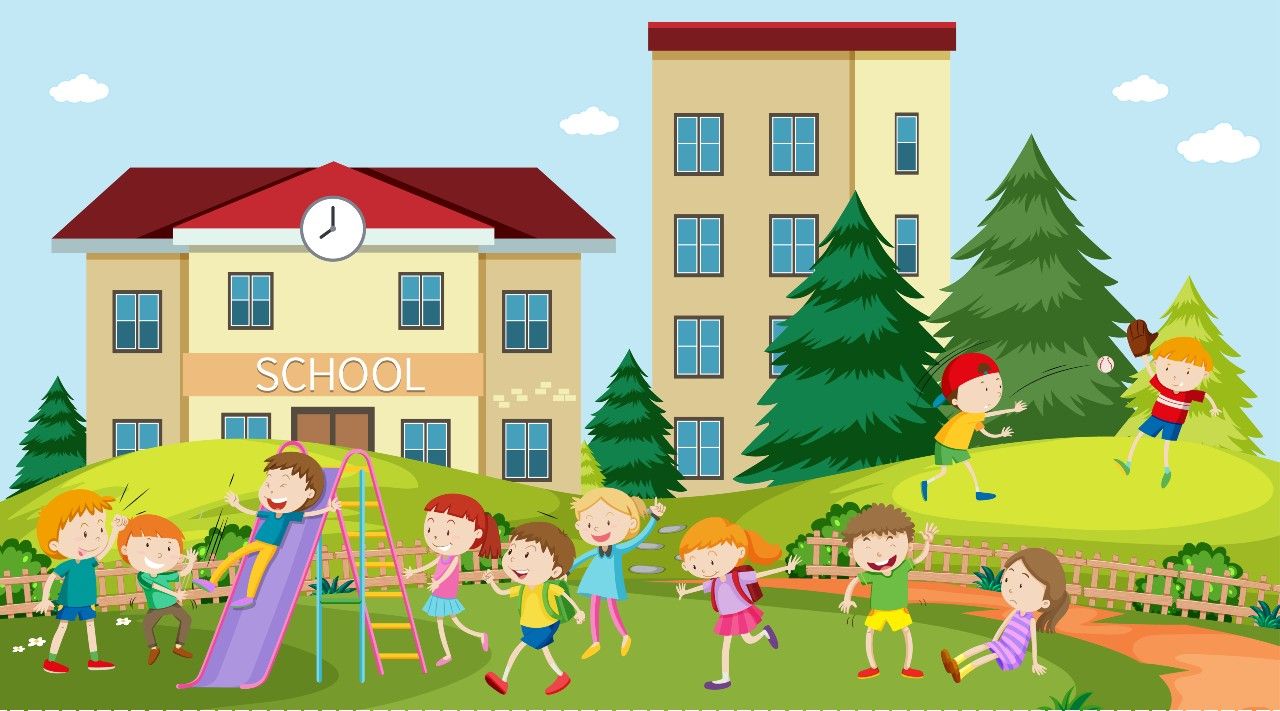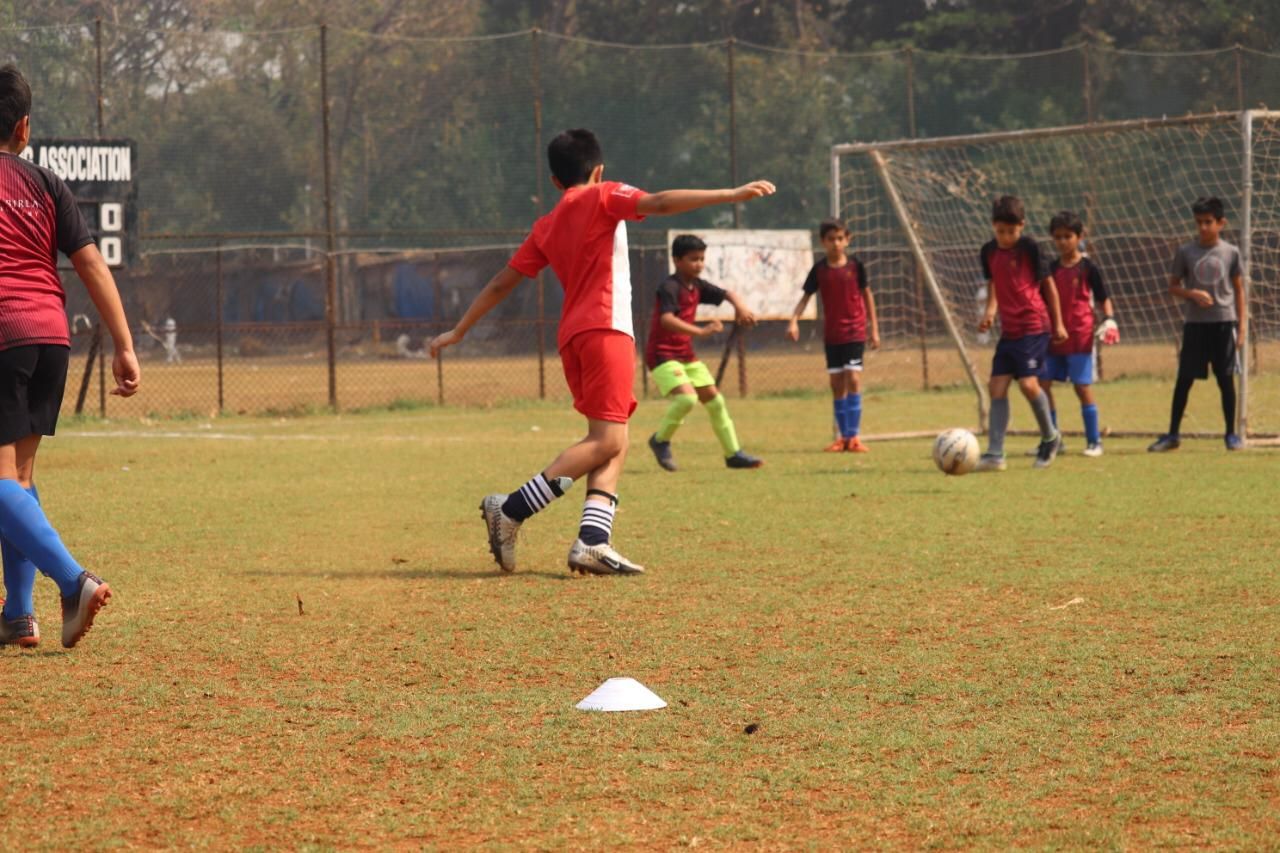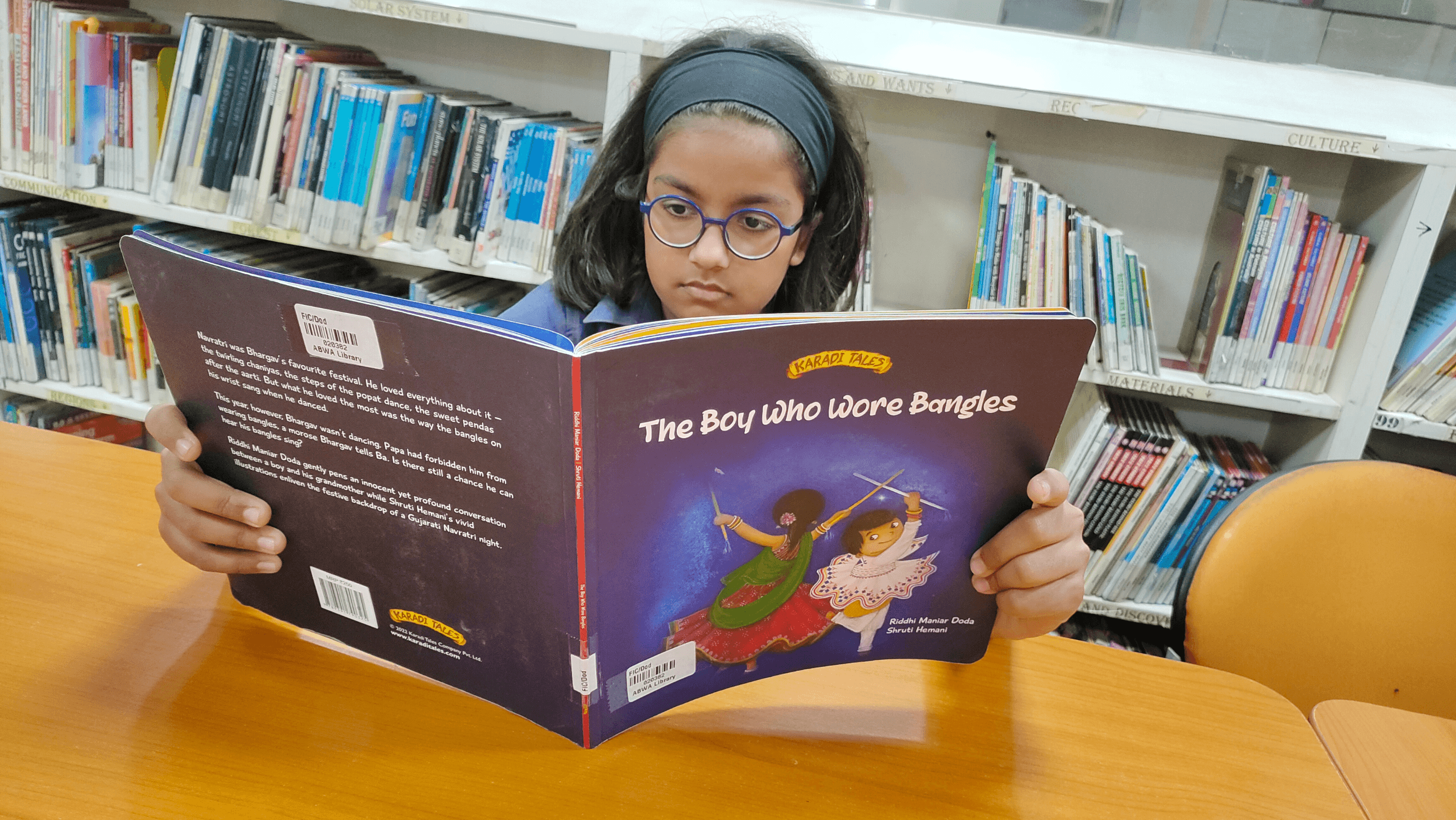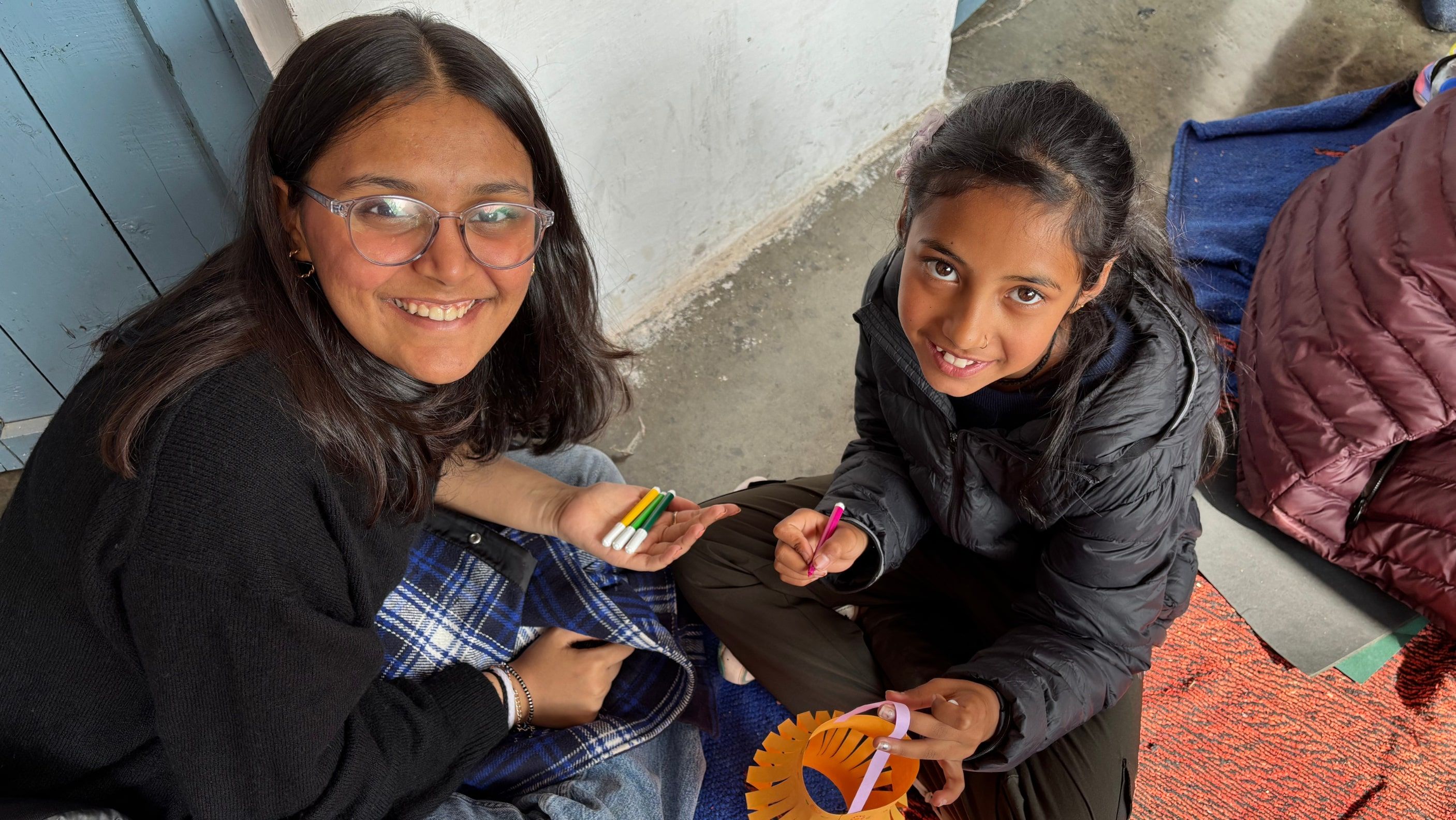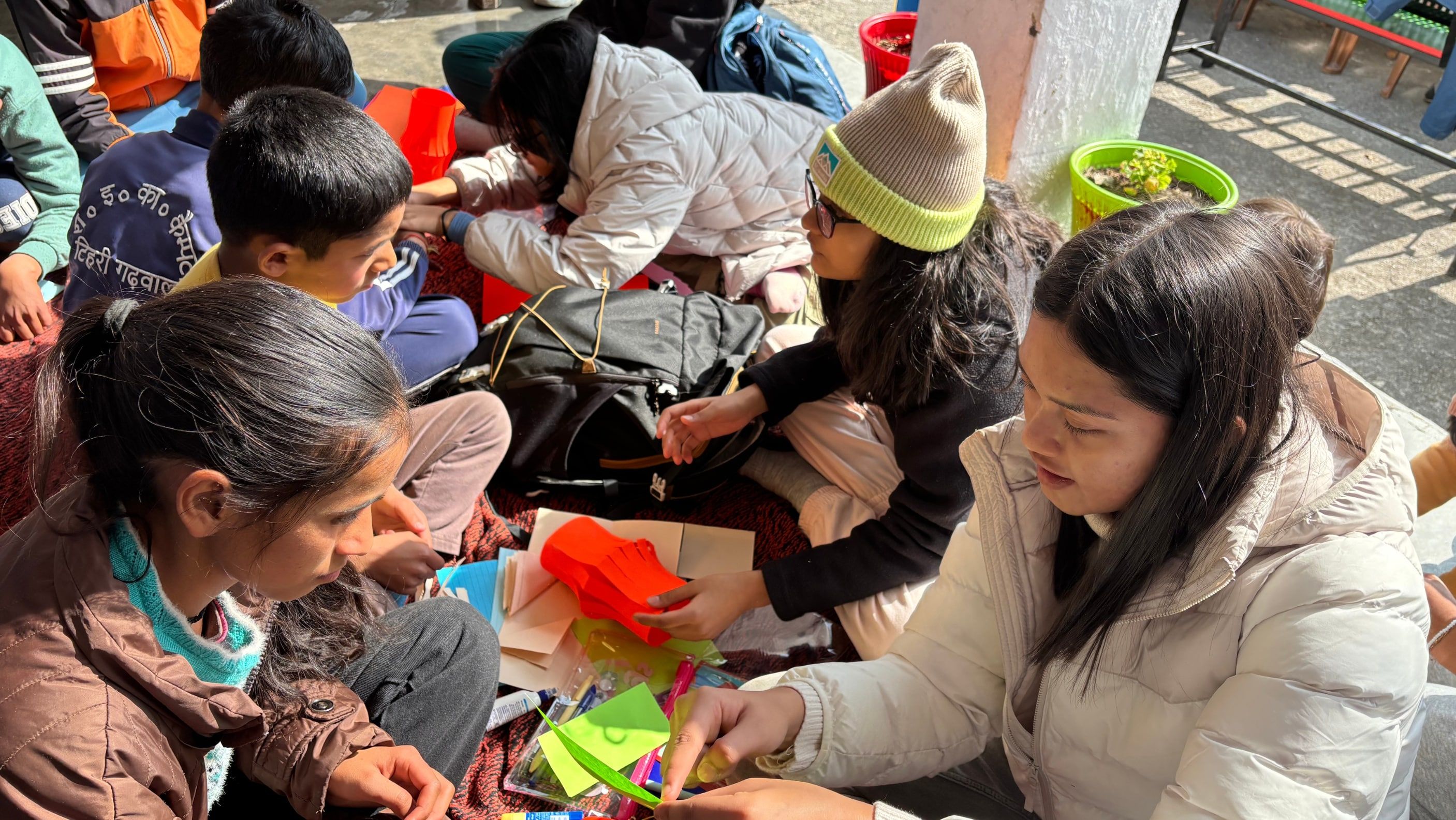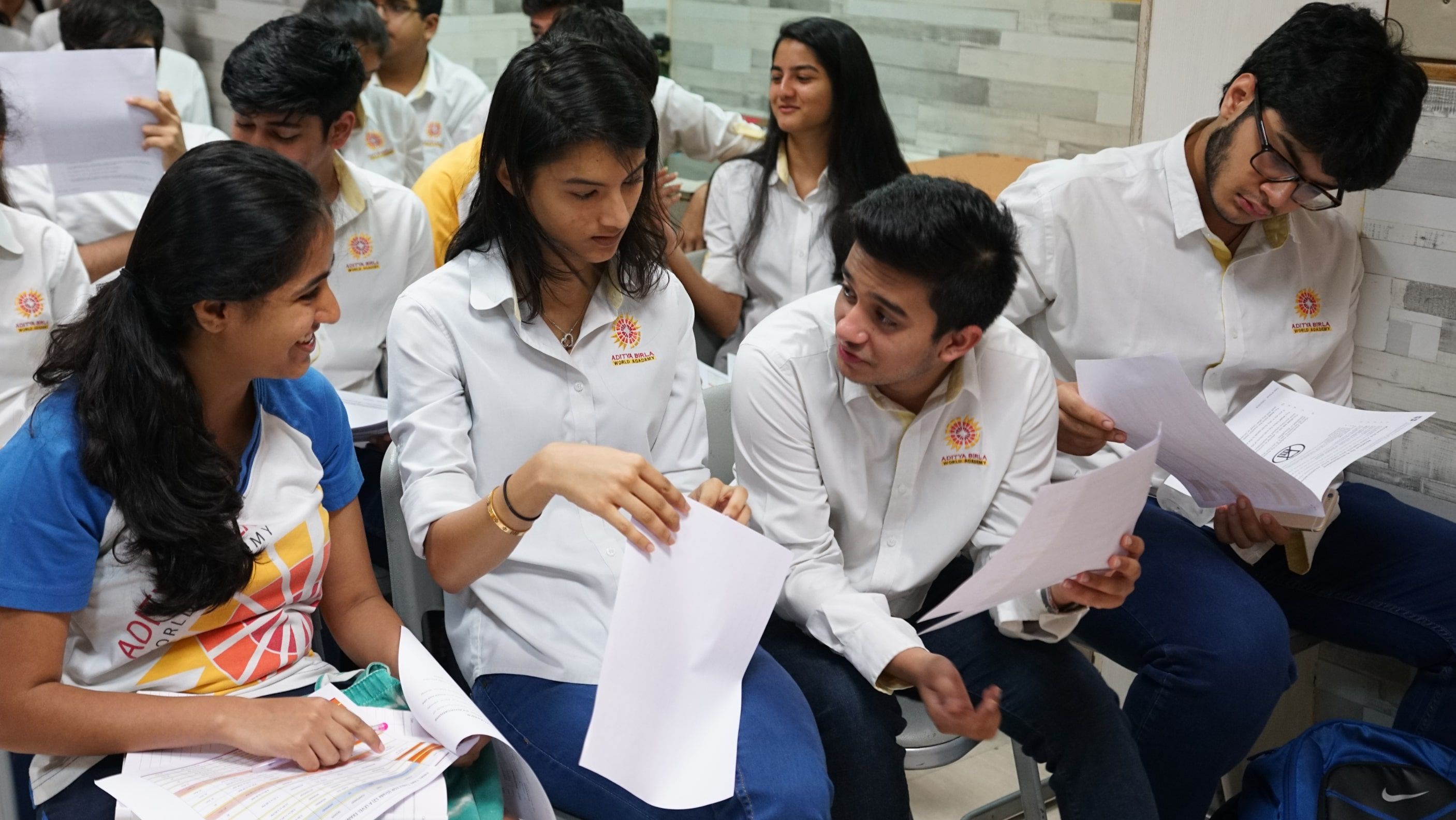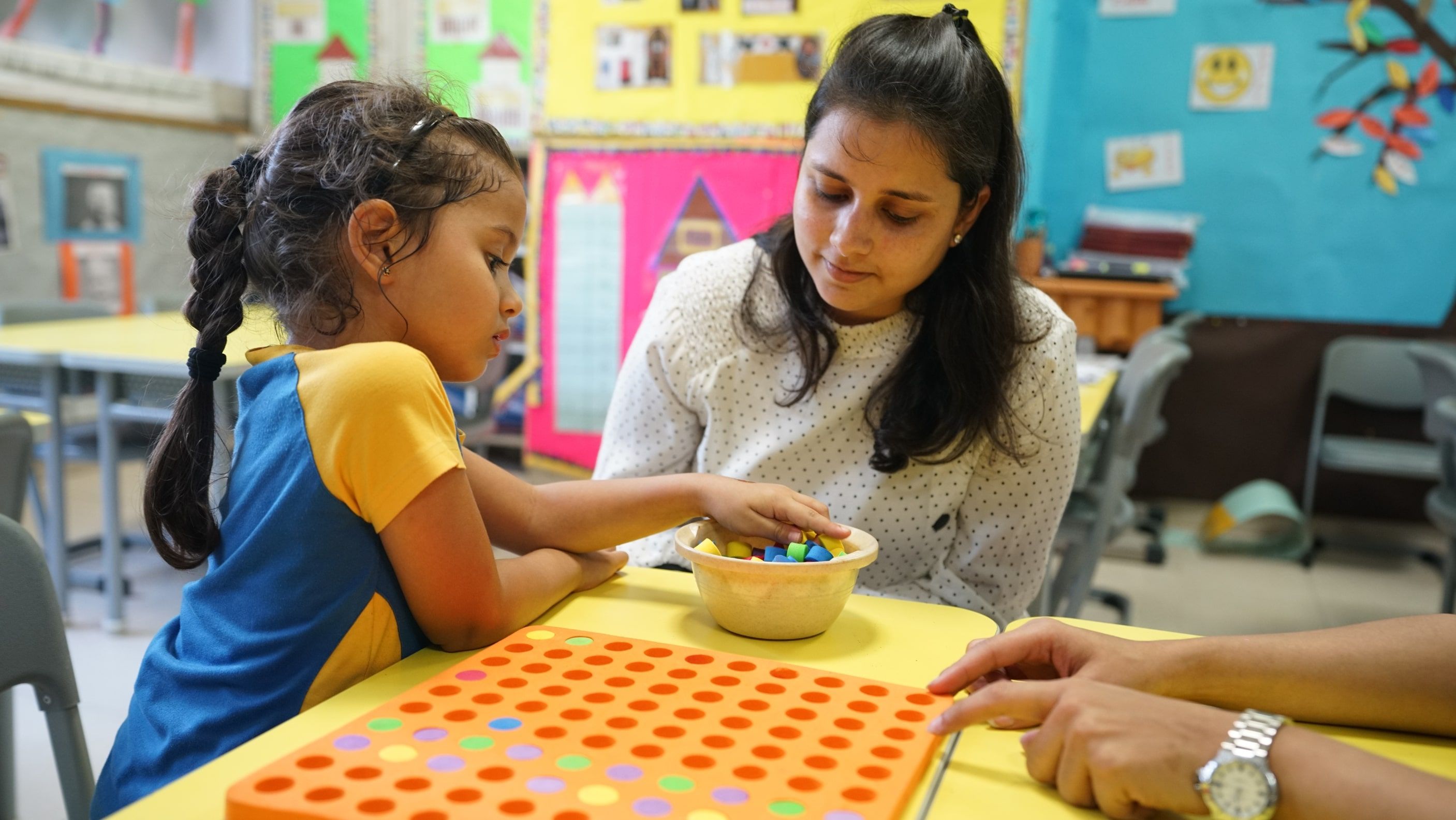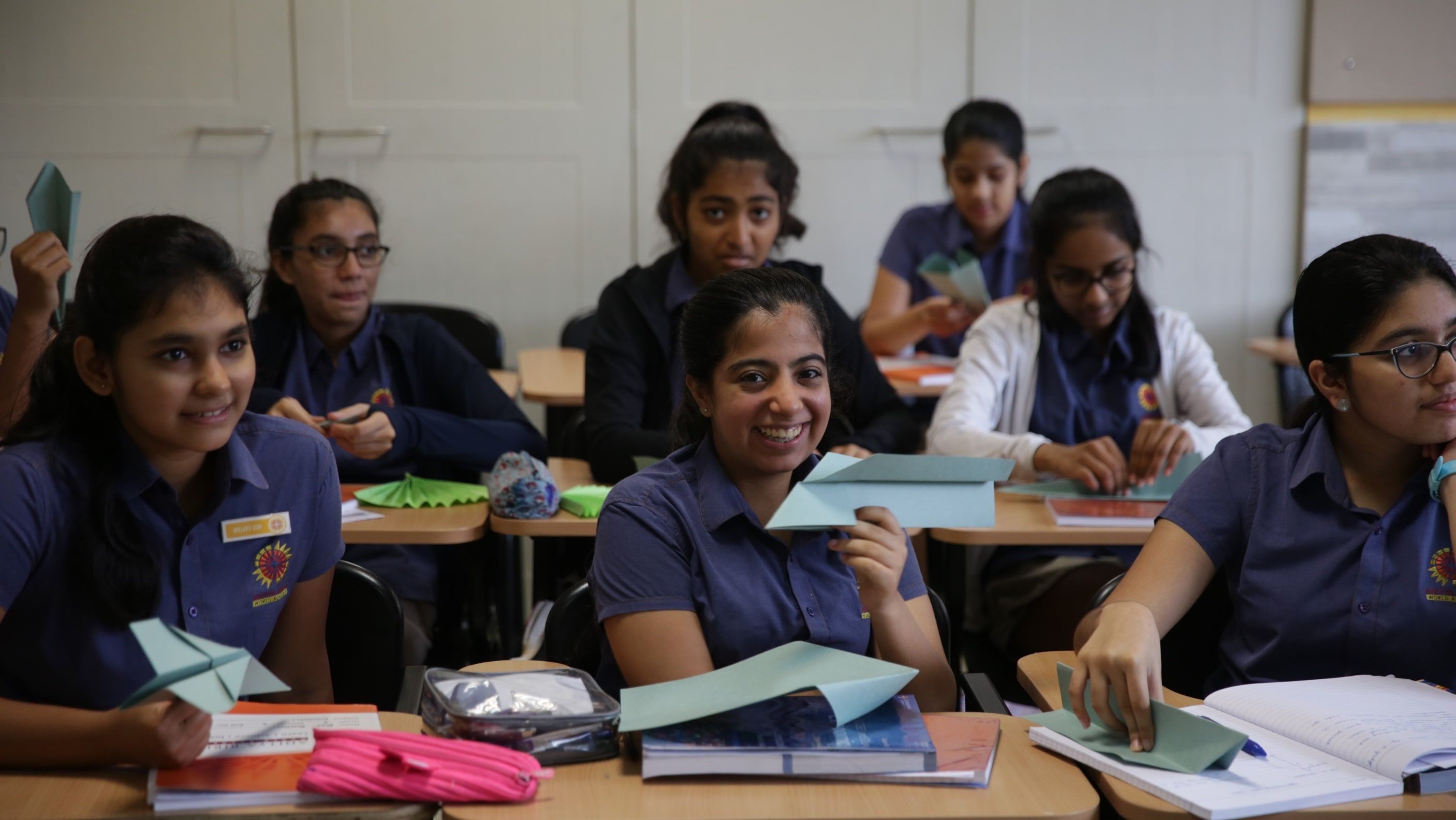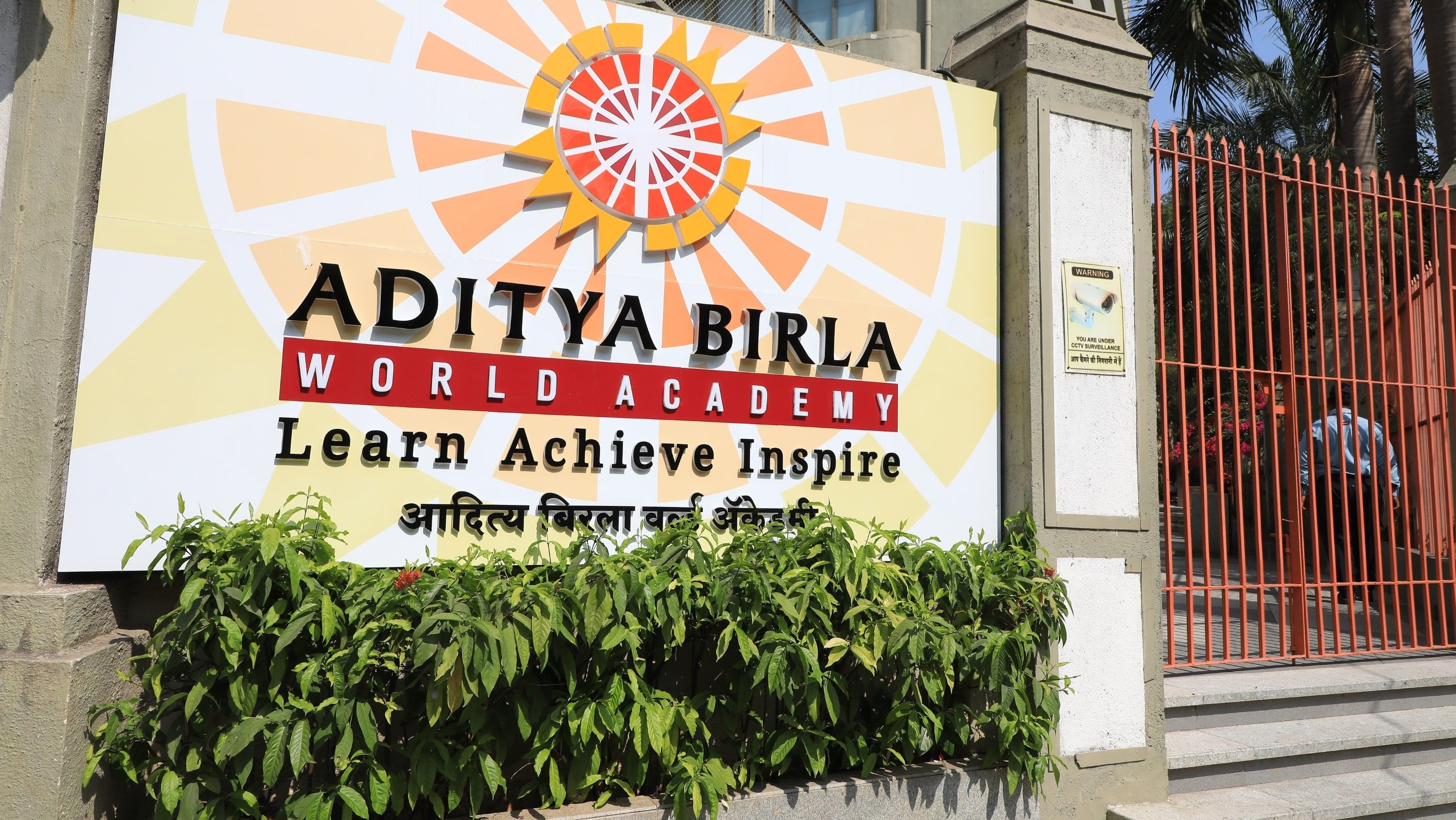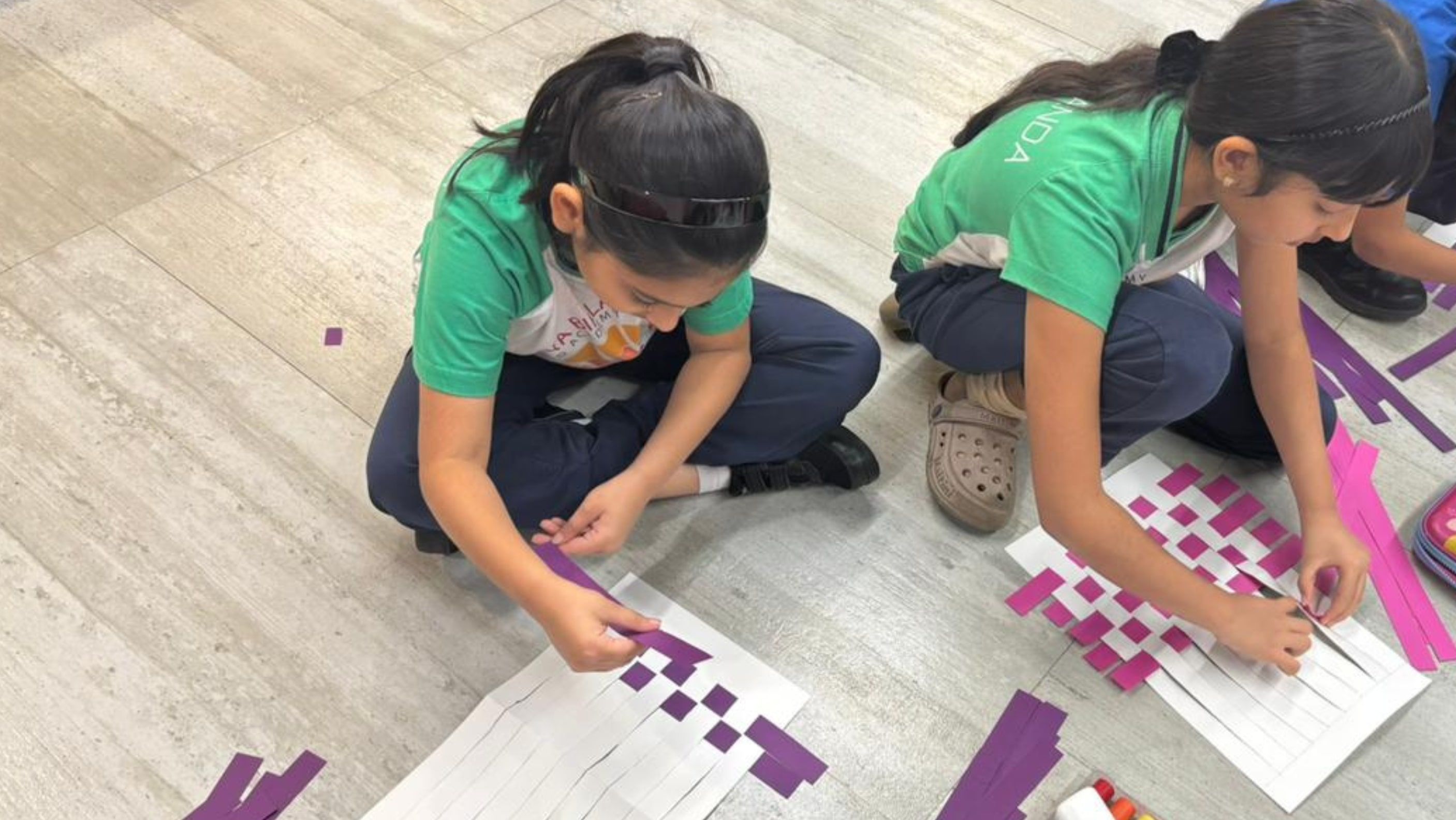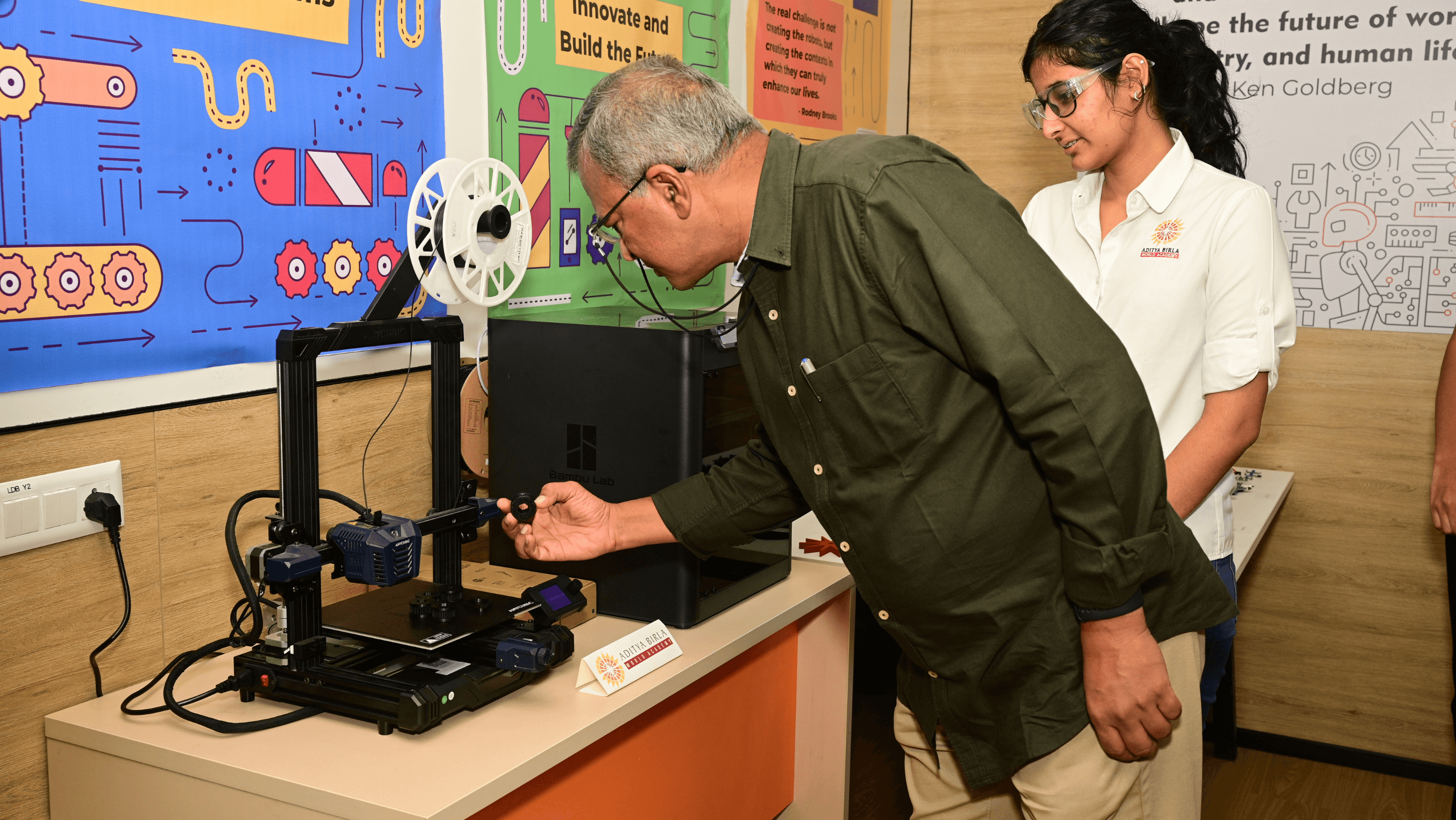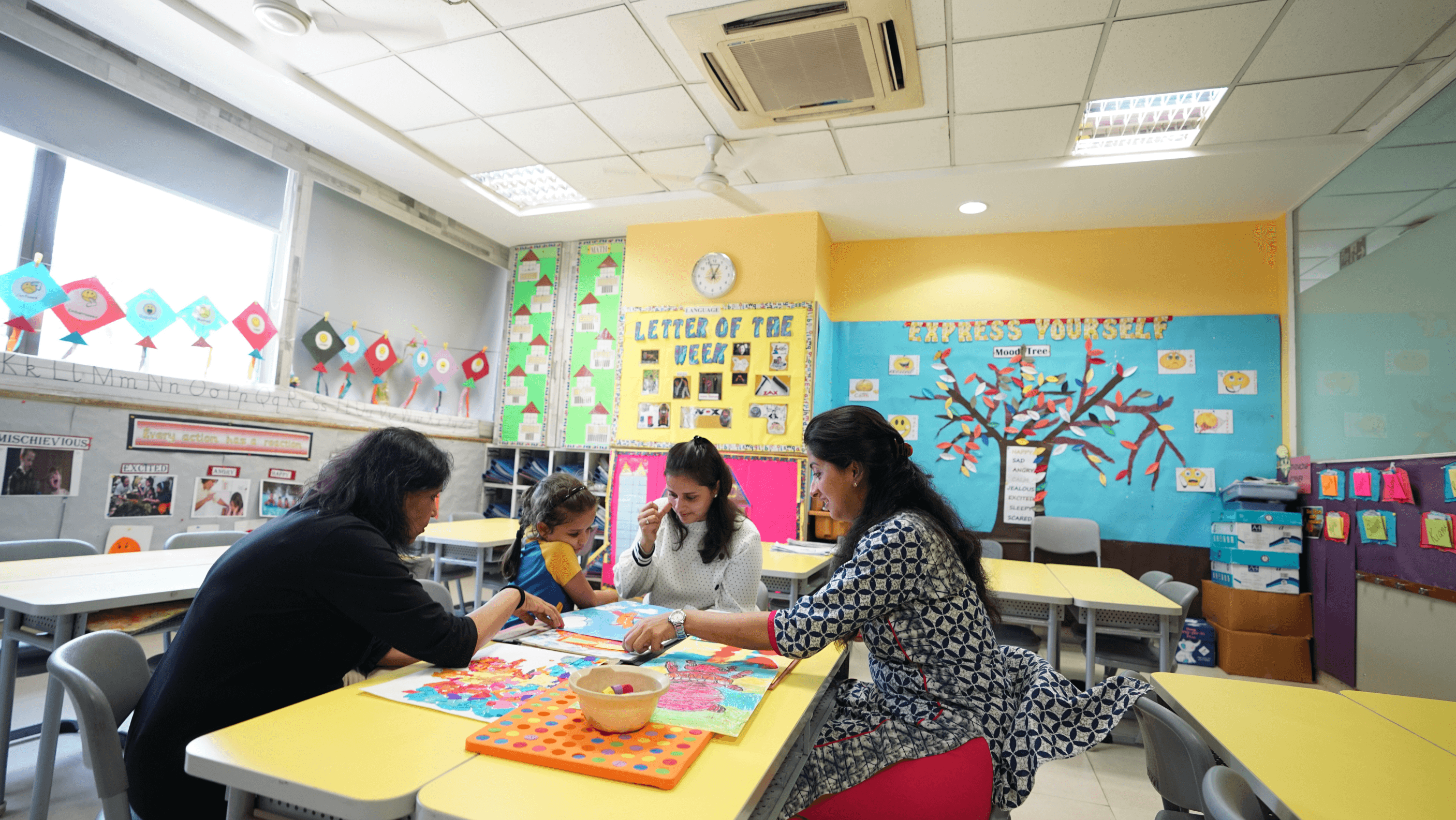Definition of extracurricular activities and their importance
Extracurricular activities are any activities that children perform beyond the standard curriculum of the school. Such activities have their basis on the student's personal interests that can successfully help in developing new skills. Simply put, activities that students perform besides their school curriculum are termed extracurricular activities. Such activities are generally social and voluntary and may involve interaction with those in the same age group.
Extracurricular activities are extremely vital than ever in today’s 21st-century world. Such activities permit children to successfully explore their interests, learn newer skills, and form healthy relationships with their peers. Such activities must also be incorporated into the classroom because they help students in developing into all-round individuals with numerous talents.
Let’s take a look at the importance of extracurricular activities.
Improved physical health and wellbeing
Some of the primary benefits of extracurricular activities include improved physical health and well-being. Activities that involve some form of physical activity help in improving the overall physical health of children. Physical activities motivate children to exercise, thus lowering the risks of several diseases, including obesity, depression, and low metabolism. Hence, the best schools in Mumbai give unrivalled importance to participation in extracurricular activities.
Extracurricular activities that involve physical activity can help children grow holistically, thus supporting not merely physical health but also mental and emotional well-being. Sports as well as other physical activities, such as yoga, martial arts, and dancing, permit students to get regular exercise, thereby improving their physical condition.
Enhancing social skills and building relationships
Extracurricular activities help in instilling social skills into kids at a young age to help them as they grow up as adults. These activities develop basic social skills such as coordination, leadership, as well as peer relationships. Some of the social skills supported by these activities include making friends, improving conversation skills, tolerating diverse opinions, and improving coping skills and nonverbal communication. The interactions that children have with their peers and mentors frequently offer them opportunities to build strong relationships that have a lasting impact on their careers and lives.
Developing leadership and teamwork skills
When it comes to non-academic activities, these often demand students to collaborate with a diverse collection of individuals, which eventually forces them to be highly adaptable as well as flexible when it comes to their leadership style. Such activities permit students to assume leadership roles as well as duties, including team captain, student council representative, or club president.
Aditya Birla World Academy, the best international school in Mumbai, lays immense emphasis on extracurricular activities because they foster collaboration and teamwork in the classroom. As students work on diverse projects and learn about the importance of teamwork, they successfully develop the confidence and ability to lead their peers, delegate essential tasks, and eventually motivate people.
Opportunities for personal growth and self-discovery
The importance of extracurricular activities in students’ life is clear: they help in personal growth and self-discovery.
Research studies indicate that extracurricular activities help children to learn to take good care of their friends. That said, kids develop this attitude in a gradual manner because when it comes to these activities, they get an excellent chance to be involved in a team that includes their peers. In addition, kids learn about sharing and caring, all at once.
Improving academic performance and time management skills
Extracurricular activities and academic achievement are two sides of the same coin. Hence, some of the best IB schools in Mumbai help in encouraging their students to participate in these activities.
Numerous studies have demonstrated that students who actively participate in extracurricular or co- curricular activities in school have a significant improvement when it comes to their academic grades. This is because students participating in activities that they are interested in can markedly increase their brain function and help in concentration and achieving higher grades.
Moreover, between responsibilities at home and schoolwork, learning the art of balancing extracurricular activities needs planning and perseverance on the part of your child. This is a challenge, but it can be accomplished. Further, keeping up with a hectic schedule is a sure sign of maturity and growth.
Building a strong resume for college and job applications
The success achieved in activities beyond the academic curriculum is ideal to include on a resume as sure evidence of well-rounded interests as well as skills. For instance, if students were on a debating team, potential employers would surely know that such individuals work efficiently with others and can even argue professionally on a specific point, which are phenomenal skills to possess in a workplace.
Exploring new interests and passions
Children participating in extracurricular activities tend to express healthy curiosity and an excellent willingness to try new activities that they might not be exposed to at home or during the course of a general school day. Offering your child a structured environment to learn, try out new activities, and successfully develop skills encourages them to become well-rounded adults. When children participate in a diverse range of activities, they get the opportunity to explore a wide range of interests and successfully unlock passions that they never knew they had. In addition, diversifying one’s interests broadens their worldview. Hence, IBDP Mumbai stresses the need for participation in extracurricular activities.
Boosting self-confidence and self-esteem
The benefits of co-curricular activities are that they can help students in developing confidence as well as self-esteem by offering opportunities for success, recognition, and skill development. Students may experience satisfaction and accomplishment when it comes to their abilities as well as contributions to their team or activities.
Fostering a sense of community and belonging
Participating in extracurricular activities demonstrates the importance of community involvement. Students require more exposure to the entire community instead of the smaller school network. Moreover, participating in extracurricular activities successfully creates a network between the individual and their community. Offering encouragement to students to participate in extracurricular activities that are community-based will create excellent opportunities for students to successfully experience the benefits of community involvement.
Conclusion and encouragement for participation in extracurricular activities
To sum it all up, the importance of extracurricular activities is much more than mere entertainment. It immensely helps in offering students the opportunities to gain important life skills, forge relationships, and foster collaboration. These activities benefit them even after graduation through the addition of these activities into the classroom.
When it comes to international schools, they must encourage their students to get engaged, successfully pursue their interests, and ultimately enjoy everything that extracurricular activities offer.





